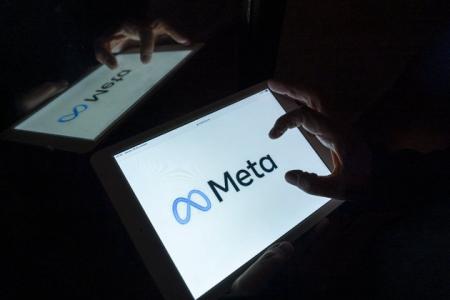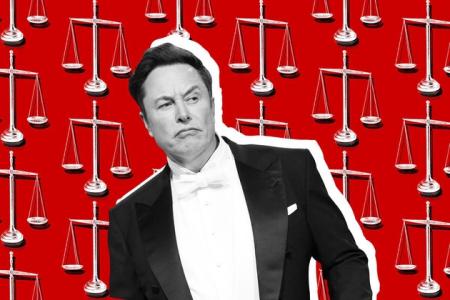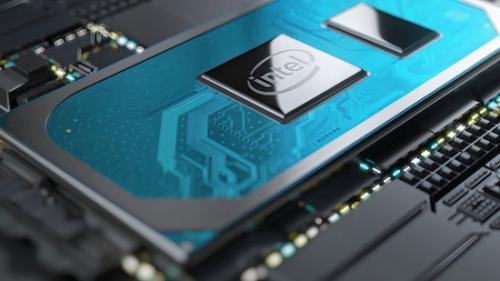your current location is:Home > carHomecar
The Inflation Reduction Act is expected to pass the U.S. automaker organization: the 2030 EV popularization target is in danger!
According to reports, the U.S. Senate passed the Inflation Reduction Act with a 51-50 vote on Sunday (7th). The bill has now gone to the House of Representatives, which is expected to vote on Friday before transferring it to the White House, where it will become law when signed by President Biden.
The polling convention on Sunday was said to be entirely "partisan", with all Republicans voting against and all Democrats voting for it, creating a 50-50 stalemate. In the end, US Vice President Harris cast a decisive vote to break the deadlock.
Overall, the bill is expected to bring in $739 billion in fiscal revenue and $433 billion in spending (including $369 billion in energy and climate change projects and $64 billion in health care subsidies), and over the next decade Cut the deficit by as much as $300 billion. In addition, the bill also plans to impose a minimum 15% corporate tax on companies with more than $1 billion in profits.
EV makers 'bitter in heart'
On the same day, a group representing General Motors, Toyota, Volkswagen and other major automakers said the inflation-cutting bill would jeopardize the achievement of the U.S. 2030 goal of electric vehicle adoption.
U.S. President Joe Biden set a goal for 2021: By 2030, electric vehicles and plug-in hybrids need to account for half of all new car sales.
"Unfortunately, the EV tax credit requirement will immediately disqualify most vehicles from the incentive," said John Bozzella, chief executive of the Alliance for Automotive Innovation. "The bill will also jeopardize us by 2030. Achieving the collective target of 40%-50% of electric vehicle sales annually.”
The group warned that under the bill, most electric vehicle models would not qualify for the $7,500 tax credit for U.S. buyers. Because cars must be assembled in North America to qualify for the subsidy, many EVs will immediately be ineligible once the bill goes into effect.
In addition, the act imposes other restrictions to prevent automakers from using materials made in other countries by gradually increasing the proportion of battery components sourced from North America. After 2023, cars using batteries from other countries will not be able to receive subsidies, and key minerals will also face procurement restrictions.
Democratic Senator Manchin said electric vehicles should not rely on foreign supply chains.
In addition, the bill creates a $4,000 tax credit for used electric vehicles, as well as plans to provide billions of dollars in new funding for electric vehicle production and purchase electric vehicle and battery charging equipment for the U.S. Postal Service $3 billion in support.
The new EV tax credit, which expires in 2032, will be limited to electric trucks, vans and SUVs priced up to $80,000, and sedans priced up to $55,000, with gross income up to $300,000 families are eligible for the subsidy.
related articles
Article Comments (0)
- This article has not received comments yet, hurry up and grab the first frame~












